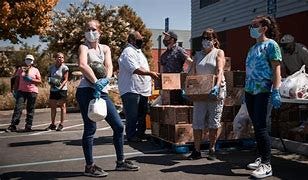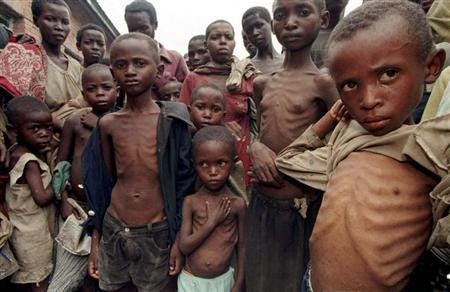821.6 million (or 1 in 9 people) lives in hunger globally(WHO 2018), this has been thought to have been tackled with
1.3 billion tons of food that we waste yearly and globally(UNEP)
But No,
It has not worked, it has only made people dependent on foodbank and corporate giving, which will only create a repetitive cycle of dependence.

What we need it to tackle is 1.3 billion people who live in poverty (UNDP)
Then we can have a short at reducing that hunger number, by creating opportunities for the locales, giving market access and equal playing field we can level up some of that number
And empower them to feed themselves and food secure, not to say charity doesn’t have a role to play, but a minimal role compared with the above course.
That hunger metric is a 2018 figure, imagine what it will look like now with COVID and what war can push it to.
In all this, what ignites me most is that nearly 43% of those in poverty live in Sub-Saharan Africa.

And lucky enough Africa has 60% of the world's arable land and 60% of the population in sub-Saharan Africa is involved in Agriculture one form or the other.
How then is making a profitable gig work out of this, getting every produces into distribution will greatly impact poverty to a large extent. And this we are set out to do.
Comments
Post a Comment